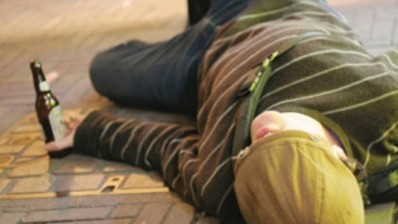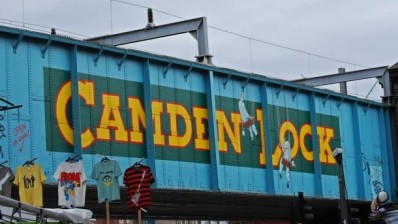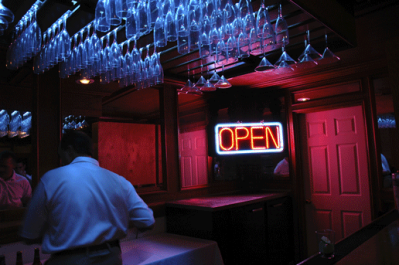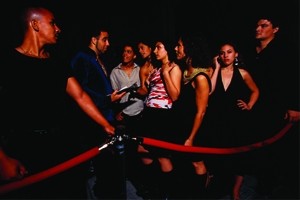Interactive map: Country-wide update on the late-night levy
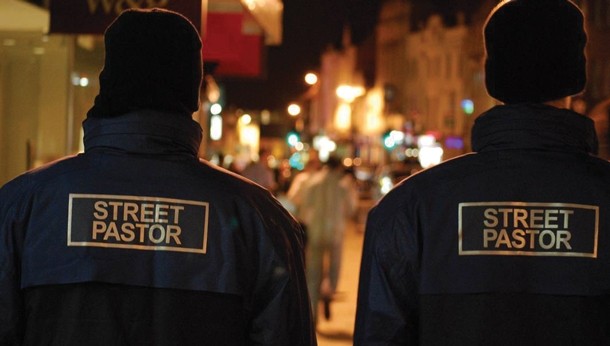
What is the late-night levy?
The charge is paid by licensed retailers operating between midnight and 6am, and calculated according to rateable value.
The police receive at least 70% of the net revenue with the licensing authority retaining up to 30% to fund other activities.
Kate Nicholls, chief executive, ALMR:
The number of local authorities actively considering or reviewing the use of a late-night levy (LNL) is far lower than it has been for some time. That is because many local authorities have realised that there are far greater benefits from working in voluntary partnership with the trade and that schemes like Best Bar None and Street Pastors deliver demonstrable and real results without damaging the valuable night-time economy.
A LNL is a blunt tax and while it may result in a perceived polluter paying, it doesn’t do much to tackle the real root cause of the problem. So many
local authorities have looked at it and decided against it.
Secondly, the recent increase in consultations is partly due to the review of licensing policies that many local authorities are currently undertaking as a result of changes in national legislation. But we would hope to convince them that a voluntary partnership remains the best approach.
Clare Eames, partner, Poppleston Allen
After a period of calm on the late-night levy (LNL) front, we have experienced activity in recent months in the form of Camden and Liverpool. It is interesting that Camden’s formal consultation is only four weeks long which, while not contrary to any legislative provisions, is a relatively small window of opportunity to allow for comment.
There are still a number of other authorities considering or reviving previous considerations in respect of levy proposals. I suspect that Camden may have been keen to follow on from its neighbouring borough of Islington and this may pave the way for more London authorities to consider LNLs. As a general view,
LNLs are often seen by councillors in isolation and out of the full context of the wider night-time economy, so they are very appealing because they raise funds.
It is only on closer scrutiny that the full impact can be seen, which many feel is very negative.
Is the LNL all bad?
Licensing expert Richard Arnot told the recent MA300 business club there was ‘begrudging support’ for the scheme in Newcastle. Operators have started to see real results from the money raised, including more police on the streets and better CCTV coverage.
The council is also investing in street pastors during busy periods.
